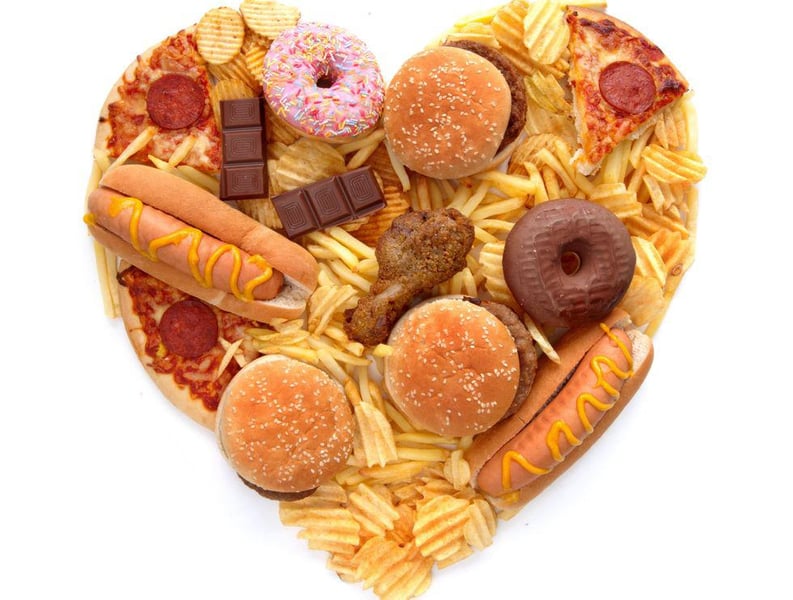Manténgase sano!

- Robert Preidt
- Posted October 15, 2021
Americans Are Eating More Ultra-Processed Foods
Americans' increasing consumption of ultra-processed foods is putting their health at risk, researchers warn.
Ultra-processed foods are ready-to-eat or heat, include additives, and contain little, if any, whole foods. They include frozen pizza, soda, fast food, sweets, salty snacks, canned soup and most breakfast cereals.
Previous research has shown that eating ultra-processed foods is associated with obesity and heart disease.
The New York University investigators analyzed U.S. federal government data and found that the proportion of ultra-processed foods in Americans' diets grew from 53.5% of calories in 2001-2002 to 57% in 2017-2018, while consumption of whole foods fell from 32.7% to 27.4% of calories, mostly due to people eating less meat and dairy.
The greatest increase in ultra-processed foods was in ready-to-eat or heat meals, while intake of some sugary foods and drinks declined, according to the study published Oct. 14 in the American Journal of Clinical Nutrition.
"The overall composition of the average U.S. diet has shifted towards a more processed diet. This is concerning, as eating more ultra-processed foods is associated with poor diet quality and higher risk of several chronic diseases," said study author Filippa Juul, an assistant professor and postdoctoral fellow at NYU's School of Public Health.
"The high and increasing consumption of ultra-processed foods in the 21st century may be a key driver of the obesity epidemic," Juul added in a university news release.
The researchers also said the COVID-19 pandemic may have prompted Americans to eat less nutritious foods that have long shelf lives.
"In the early days of the pandemic, people changed their purchasing behaviors to shop less frequently, and sales of ultra-processed foods such as boxed macaroni and cheese, canned soups and snack foods increased substantially. People may have also eaten more packaged 'comfort foods' as a way of coping with the uncertainty of the pandemic," Juul said. "We look forward to examining dietary changes during this period as data become available."
More information
The U.S. National Institutes of Health offers healthy eating advice.
SOURCE: New York University, news release, Oct. 14, 2021
